|
|
ADDRESS AT THE FIRST CONVOCATION OF THE UNIVERSITY OF PETROLEUM AND ENERGY STUDIES, DEHRADUN
16-10-2005 : Dehradun, Uttaranchal
Capacity Building for Energy Independence
I am delighted to participate in the first Convocation of the University of Petroleum and Energy Studies (UPES) in the beautiful environment of Dehradun. I greet the Vice-chancellor, the Faculty members of UPES, the Students and the distinguished guests. I am particularly happy to be with you today in this institution, which is one of the unique institutions in the country imparting education on petroleum and energy which is lifeline for all activities in the nation. I extend my congratulations to the graduating students of this University today who will be the pioneers in energy technology and energy management of the future. I was thinking what thoughts I can share with you. I have selected the topic "Capacity Building for Energy Independence".
Energy Independence
Energy is the lifeline of modern societies. But today, India has 17% of the world's population, and just 0.8% of the world's known oil and natural gas resources. We might expand the use of our coal reserves for some time and that too at a cost and with environmental challenges. The climate of the globe as a whole is changing. Our water resources are also diminishing at a faster rate. As it is said, energy and water demand will soon surely be a defining characteristic of our people's life in the 21st Century.
Energy Security rests on two principles. The first, to use the least amount of energy to provide services and cut down energy losses. The second, to secure access to all sources of energy including coal, oil and gas supplies worldwide, till the end of the fossil fuel era which is fast approaching. Simultaneously we should access technologies to provide a diverse supply of reliable, affordable and environmentally sustainable energy.
As you all know, our annual requirement of oil is 114 million tonnes. Significant part of this is consumed in the Transportation Sector. We produce only about 25 % of our total requirement. The presently known resources and future exploration of oil and gas may give mixed results. The import cost today of oil and natural gas is over Rs. 120,000 crores. Oil and gas prices are escalating; the barrel cost of oil has doubled within a year. This situation has to be combated.
Energy Security, which means ensuring that our country can supply lifeline energy to all its citizens, at affordable costs at all times, is thus a very important and significant need and is an essential step forward. But it must be considered as a transition strategy, to enable us to achieve our real goal that is - Energy Independence or an economy which will function well with total freedom from oil, gas or coal imports. Is it possible?
Hence, Energy Independence has to be our nation's first and highest priority. We must be determined to achieve this within the next 25 years i.e by the year 2030. This one major, 25-year national mission must be formulated, funds guaranteed, and the leadership entrusted without delay as public-private partnerships to our younger generation, now in their 30's, as their lifetime mission in a renewed drive for nation-building.
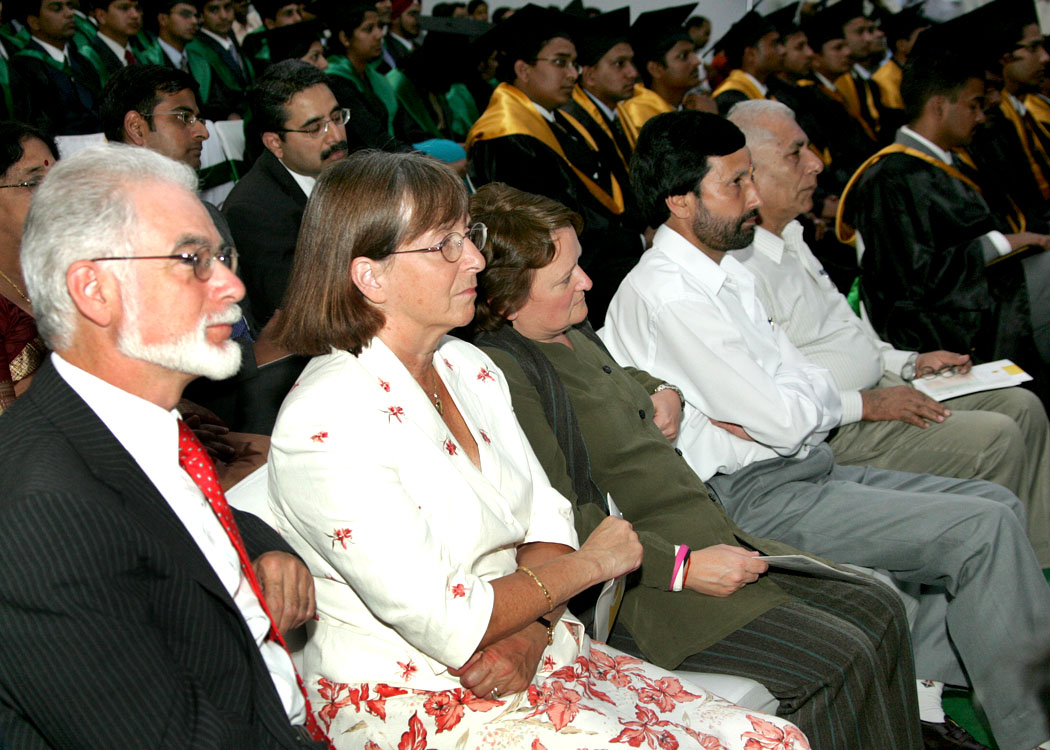

Diversification Strategies
With all our indigenous resources and international cooperation, we will be able to reach the target of 50 million tons within the next decade. In such a situation, the oil sector has to diversify to renewable and sustainable sources of energy. Keeping this in mind University of Petroleum and Energy Studies has to structure its course, research and academic content consistent with the national energy policy.
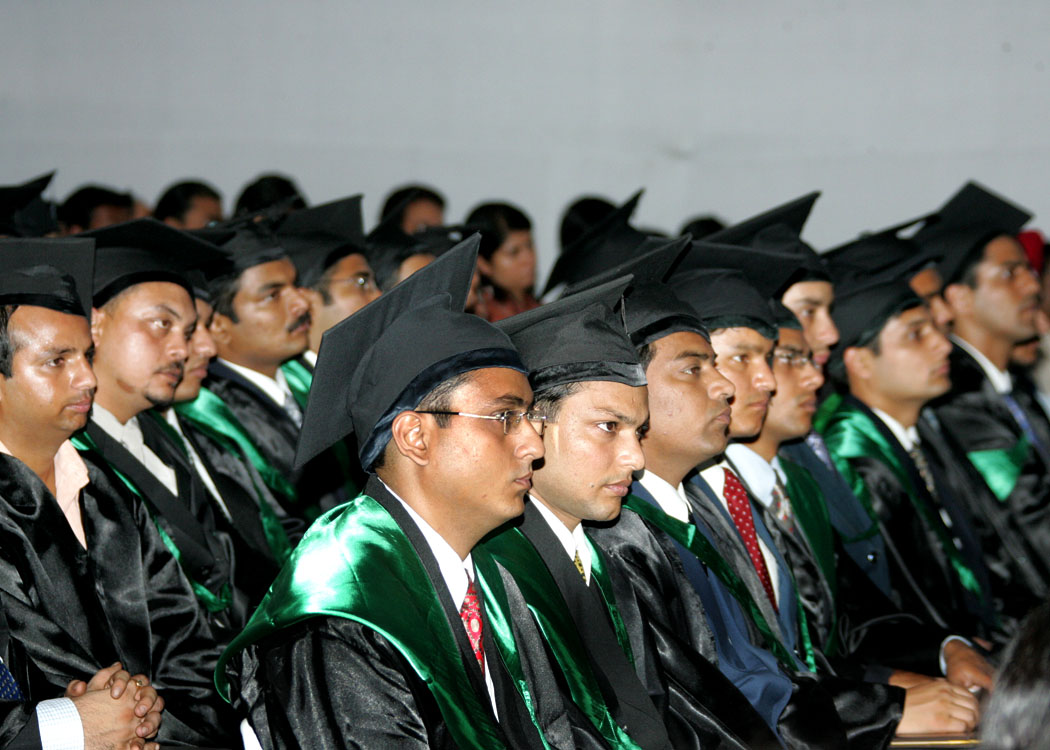

What can be the vision for Oil Sector
Vision for the oil sector, I believe, has to aim at providing to the nation at least 50% of its annual oil and gas need. Since we are dealing with fossil material resources, it may not be possible to meet this requirement fully from conventional oil exploration and extraction alone.
The only way it appears to me is that to meet the 50% oil needs, you have to go to the route of renewable energy, apart from your further exploration of deep sea oil resources and enhancement of recovery factor. Oil sector must consider that they are in the broader business of energy and not merely oil and gas exploration. This will enable the oil sector to enter into renewable energy routes such as Bio-fuel production and development of solar energy.


Bio-fuel - Jatropha
We have nearly 63 million hectares of wasteland available in the country, out of which 33 million hectares of wasteland have been allotted for tree plantation. Jatropha can grow well in this wasteland with very little input. Once grown the crop has a fifty years of life. Fruiting can take place in this plant in two years. It yields upto five tonnes per hectares oil seeds and produces two tones of bio-diesel. Presently, the cost of bio-diesel through the plant is approximately Rs. 17 to Rs. 19 per litre which can be substantially reduced through choice of right size of the plant and using high yield variety plantation which has already been established by the researchers. Bio-diesel plants grown in one million hectares of land can yield a revenue of approximately Rs. 2,000 crore a year and provide employment to over one million people both for plantation and running of the extraction plants. This is a sustainable development process leading to large scale employment of rural manpower. Also, it will reduce the foreign exchange outflow paid for importing crude oil. Use of Bio-diesel is carbon neutral. This oil can also be used for soap and candle industries. De-oiled cake is a raw material for composting and plantation is good for honey production. We should absorb best of the technologies available worldwide and start commercial operation soon, instead of staying at pilot plant levels. I am happy that some of the States have already taken initiatives in having Jatropha Plantations in waste lands. However, I also learnt that some farmers have problems in sale of their Jatropha produce. Immediate attention should be given by the respective State Governments to solve this problem so that those who grow Jatropha do not suffer.
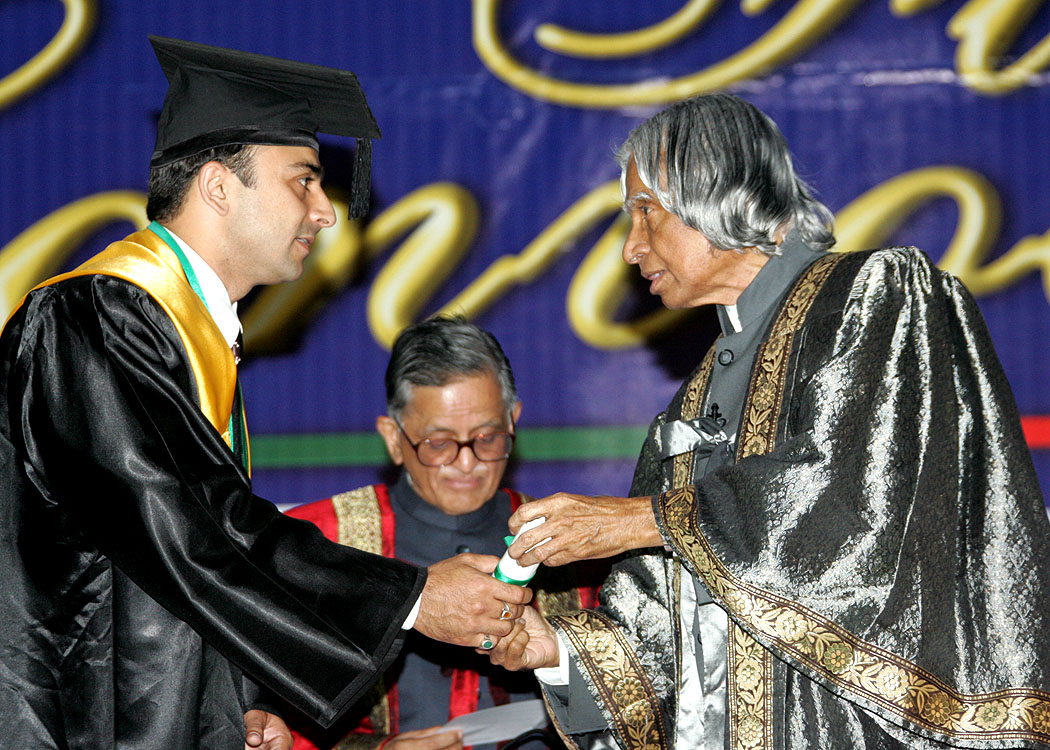
Create Bio-fuel Enterprises: There has been a successful experiment which has been carried out by Daimler - Benz in collaboration with CSIR laboratories of running a Benz car from Pune to Delhi using 10% blend of Bio-fuel, without any modification to the engine. Now is the time, for the state and central governments to come out with the policy which can provide answers to all the questions of the farmers, financial institutions, entrepreneurs who are keen to setup the fully integrated bio-diesel plant using Jatropha seeds from the plantation to production of bio-diesel, by-products and their marketing. It is said that a number of foreign consultants have shown interest in taking up Jatropha plantation and commissioning of plants in different areas of the country. I would recommend the University of Petroleum and Energy Studies (UPES) to take the lead and enable establishment of model bio-diesel plants with the inputs of Jatropha coming from different parts of the country. UPES can also undertake research in collaboration with Indian Institute of Petroleum and automobile industry for progressive increase of bio-fuel percentage in blending. Ultimate aim should be to find engines, which can run on bio-fuel alone. This will need research in automobile engines which can accept hundred percent bio-fuel for its operation. This will enable to work for a target of realizing at least 30 million tonnes of bio-fuels within the next decade. The second area where UPES can enter in a big way is harnessing of solar energy.
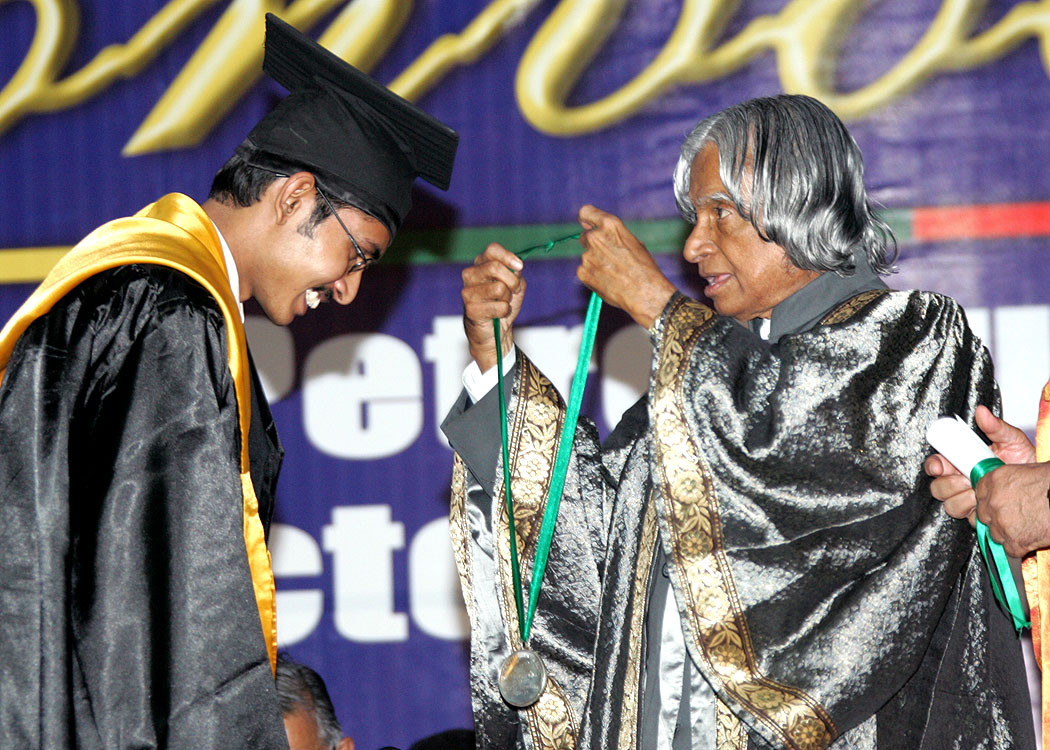

Solar Energy
India is well poised for the generation of solar energy in view of the continuous availability of sun shine throughout the year. Installation of centralized solar photovoltaic systems, which can be fed to a grid, will be a long-term economically viable solution with added benefits of pollution control. I am not unaware of the fact that India's economic growth requires addition of 500 MW installed capacity every two weeks and only the well proven conventional technologies such as Hydro, Thermal and Nuclear Plants can fulfill this demand in the short term. But we need to think long term. Present solar cells have the efficiency of 13 to 15%. But the research effort shows that, with the advent of CNT/Polymer Composite Based Photovoltaic Cell, the efficiency of Photovoltaic cell will increase to 50%. This can pave the way for building mini 100 mega watt solar power stations in different regions of the country like Rajasthan, Andhra Pradesh, Gujarat and Tamil Nadu. UPES can design a hundred megawatt captive power plants based on solar energy which can be installed in Rajasthan or Andhra Pradesh. The funding for this plant can be provided by ONGC and the respective state government. UPES can take up indigenous research on mission mode for producing CNT polymer composite based photovoltaic cells with an efficiency of 50% in collaboration with other Universities, ONGC and R&D institutions.


Combating Oil Spills
Another area of concern emanates from possible oil spills in our ports and near our coasts. India's present demand for oil is met through import of about 85 million metric ton per annum. Hundreds of tankers are needed to meet growing import of oil in the foreseeable future. Even if a fraction of the oil imported through these tankers spills in the Indian waters, besides posing environmental danger, there is no comprehensive response mechanism in place to deal with this threat to marine environment. An accident to even one of these very large vessels can spill up to 100,000 tons of oil into the Indian coastal line. India's 7500 kms coastline therefore needs to be safeguarded against ecological devastation from such oil spills.
The need of the day is to launch a mission to deal with oil spills. UPES therefore has to take a lead to find technological response to oil spills in collaboration with Indian Institute of Petroleum and Indian Universities.
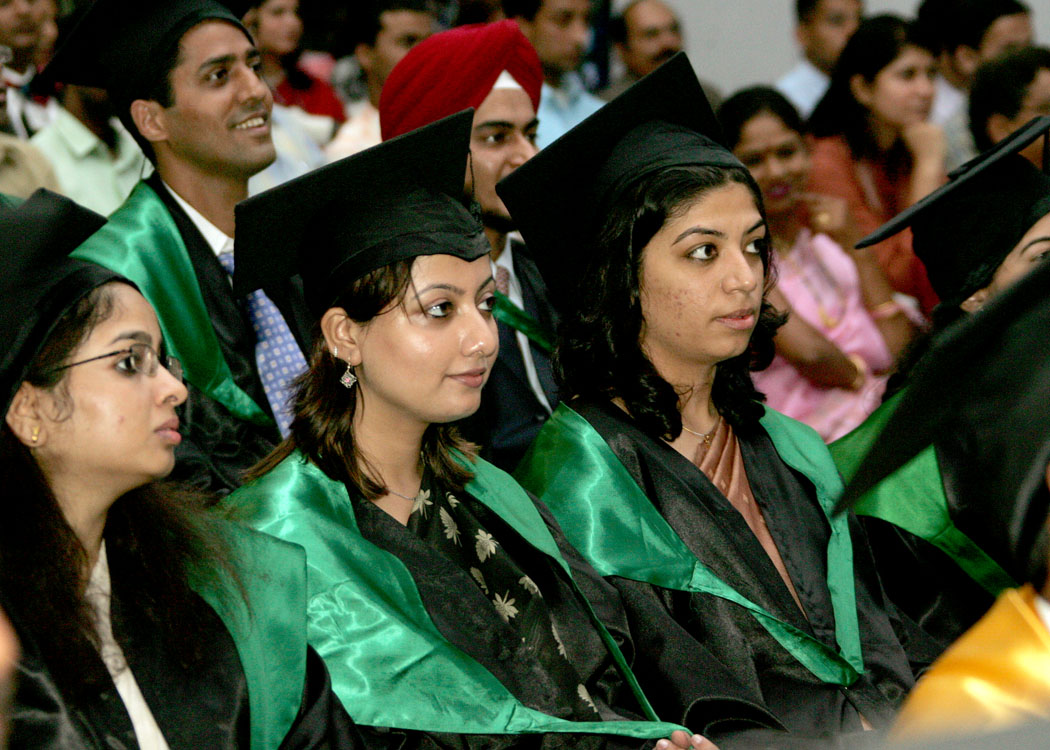

Societal Mission
I would like UPES to promote the concept of PURA (Providing Urban Amenities in Rural Area) in different oil producing zones in collaboration with ONGC. PURA envisages physical connectivity, electronic connectivity and knowledge connectivity thereby creating economic connectivity in the village clusters. For employment generation in these areas, they can plan Jatropha and bamboo plantation leading to value added product enterprises. Some of the products could be bio-fuel generation, candles, bamboo furniture based on the core competence of the particular region. They can provide knowledge connectivity to these villages through establishment of village knowledge centers connected to Kisan call Centers. This type of societal mission will enable UPES to deploy the graduates from this University.
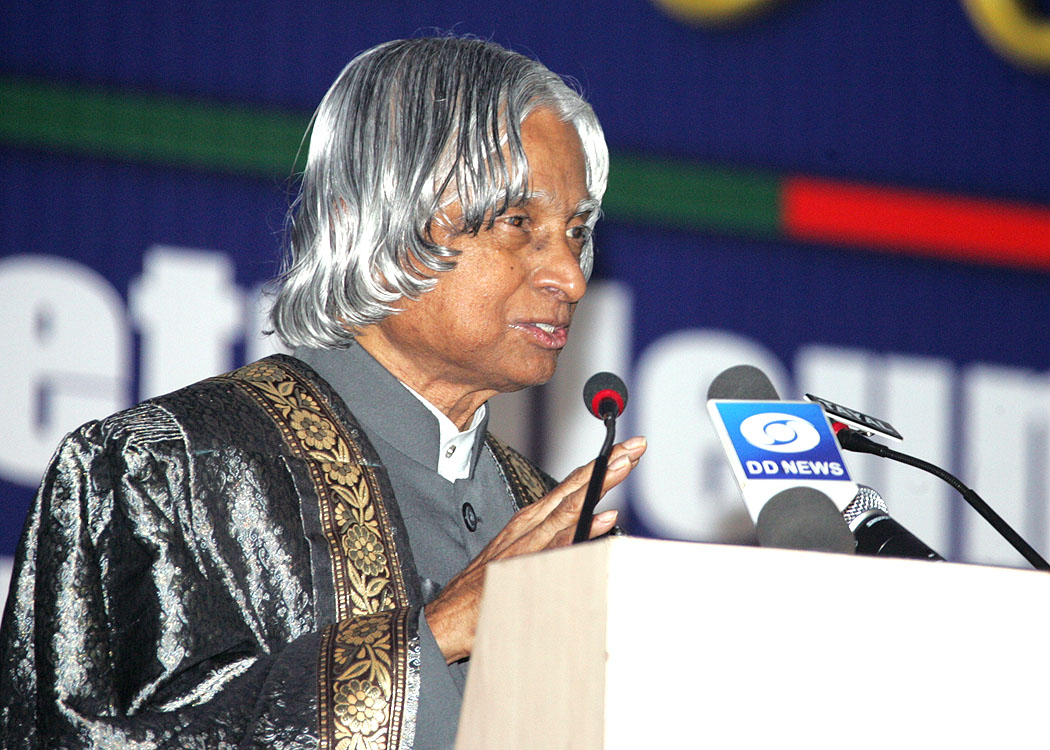

Conclusion
Within the next fifty years, UPES must aspire to become an pioneer in the application of alternative and sustainable sources of energy. They should explore jointly with other academic and research institution to become a large scale provide of quality manpower required for the energy industry in India and abroad. For realizing this, UPES should adopt multiple strategies. One of the important resources in the East and West Coast is Methane Hydrate deposits, which are expected to be available at a depth ranging from 400 - 700 meters below the seabed. Seismic studies have shown high probability of existence of these deposits. This can be tapped for producing energy. High-pressure technology will be needed to enhance the gas yield. UPES must start research work in this area right now. Underground coal gasification is yet another promising area where UPES graduates can achieve leadership. In essence, I would suggest UPES to give world leadership in quality manpower generation for exploration of energy sources, diversification of energy sources, technology in underground Coal Gasification and above all finding new ways of tapping energy wherever it is, to meet the ever growing demand of the country.
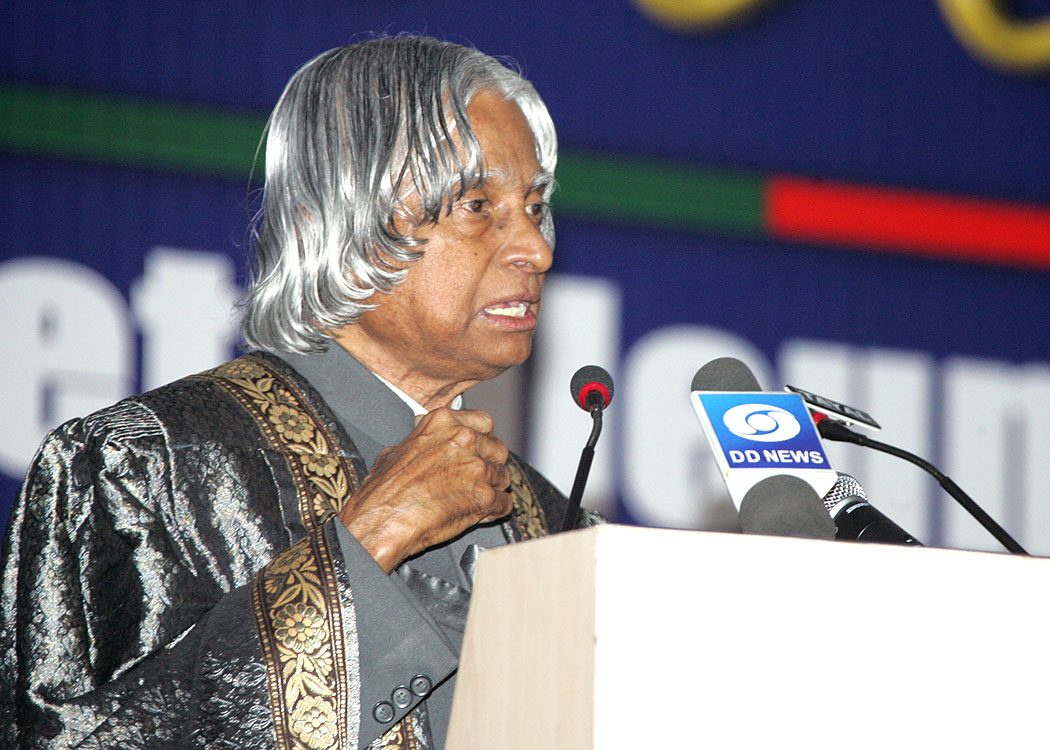
Once again let me congratulate the graduating students of UPES and my best wishes to the University for success in their task of creating capacities among the students who will lead India the mission of energy independence in India.
May God bless you.
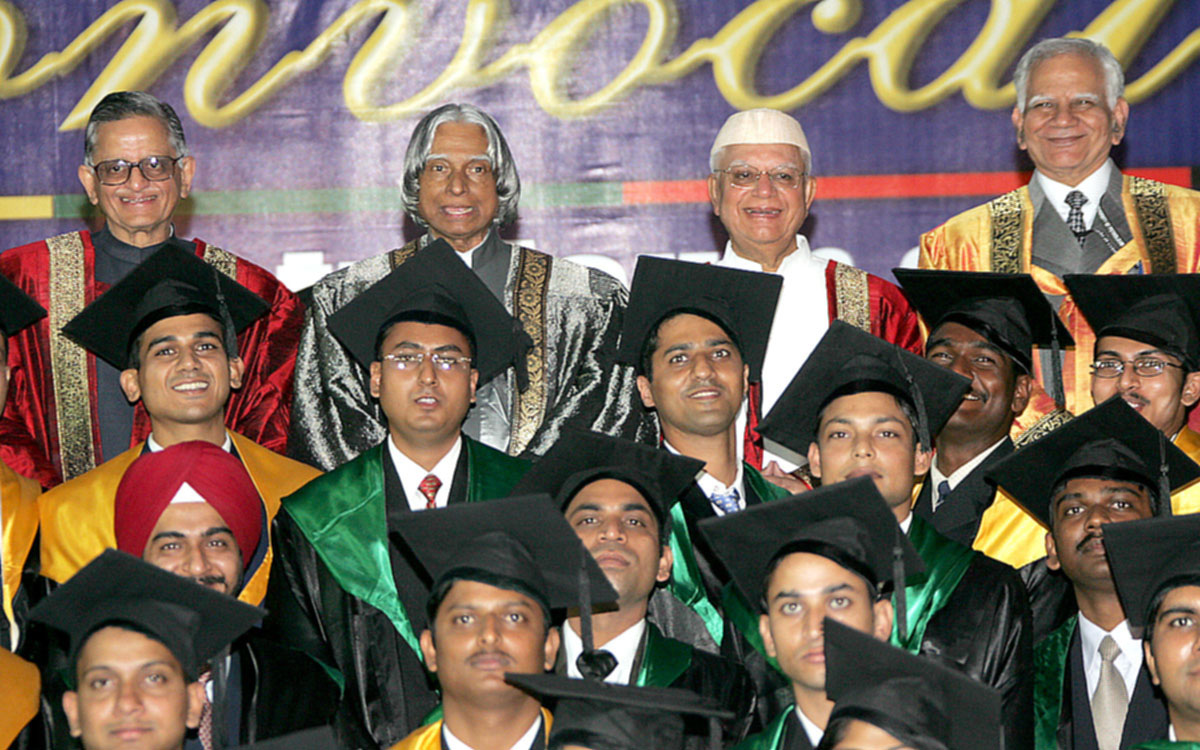
<<Back
|
|